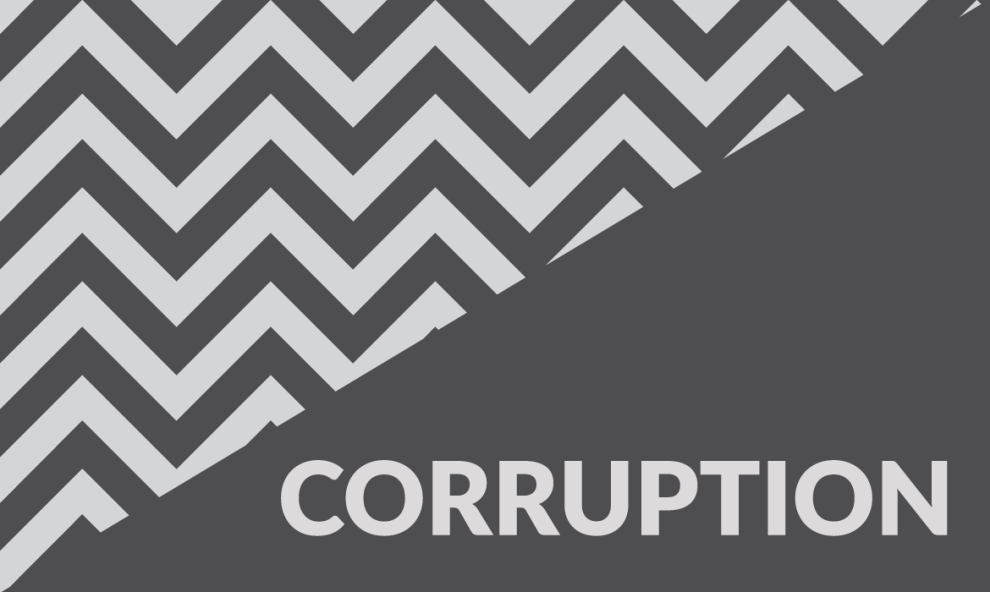Inherent in human nature is the desire for and expectation of improvement in life. However, less common is the recognition of what it would be necessary to do for this to be possible. Karl Popper, the great philosopher of science, once divided the world into two categories: clocks and clouds. Clocks are nearly, orderly systems that can be solved through reduction; clouds are an epistemic mess, “highly irregular, disorderly, and more or less unpredictable. The mistake of modern science is to pretend that everything is a clock, which is why we get seduced again and again by the false promises of brain scanners and gene sequencers. We want to believe that we will understand nature if we find the exact right tool to cut its joints. But that approach is doomed to failure. We live in a universe not of clocks but of clouds”.
We all know what we don’t like about the current Mexican reality. Some are upset about the criminality, others, by the economic performance. Some suffer through the daily traffic snarls and others are troubled by the uncertainty permeating the atmosphere. Identifying the problems, at least as symptoms, is quite easy. But we very infrequently rethink the implications of resolving these problems or, more exactly, reflect upon what would be required to make these evils go away. In a word, if we really want to construct a country that works and one in which these evils cease to exist (or are seen not as a factor of reality but rather as an aberration that must be corrected), we would have to change everything. The whole enchilada.
Earl “Huey” Long, a peculiar American politician, once summed up the dilemma perfectly: “Someday Louisiana is gonna get good government. And they ain’t gonnalike it.”A good government implies rules to which everyone must subordinate themselves, entails effective authority for making people comply with the law, and, above all, implies genuine equality before the law. In Mexico, the kingdom of privilege, we do not satisfy any of these premises, not even in the public discourse.
Some weeks ago, in this surrealist world that is the Mexican reality, we had an opportunity to see a perfect example of the complexity that is implied in carrying out the type of change that the citizenry demands but that it is not always disposed to take it to a successful conclusion. The Mexico City authorities decided to install parking meters in diverse zones of the metropolis with the dual purpose of demotivating the use of the automobile and rationalizing the use of the streets and parking places. That is, this is an effort to achieve order in one of the city’s many daily issues.
The response did not take long to appear. On the one hand, the so-called “red flannel car parkers”, who, wielding red cloths, have appropriated public spaces to rent parking places, demonstrated against the measure by blocking some of the city’s thoroughfares. On the other hand, innumerable users of these car-parking services complained of the disappearance of a functional mechanism for daily life in the absence of formal parking lots.
In this specific case, the disorder is multiple. First is the appropriation of public space: if one does not pay the virtual “owner” of the street, one is unable to park. Second, persons visiting the place, working in the area, or engaging in some momentary activity use the red-flannel service so that their car is taken care of for a few minutes or for the whole day. This is not a minor service. Third, in the absence of effective police vigilance the red flannel caretakers fulfill an important security function: it has been demonstrated that there are fewer thefts of car parts and the cars themselves when the red flannel brigade is in operation. Finally, –a fabulous example of Mexican mischievousness- on one of the streets of the Pink Zone that I frequent, there have been parking meters for many years; there is a person, a former cloth wielder, and who now devotes himself to washing the cars parked there and to put coins in the parking meters when they run out of time to ensure that none of their clients’ cars incur a parking fine. The innovation and creativity never fail to surprise: but one cannot underestimate the problems these characters help allay.
Disorder is a big problem because it is accompanied by the absence of mechanisms for conflict resolution, zero respect for the laws and authority, very poor economic performance and, in the broadest sense, derives from the security crisis that we are living through and from the enormous lack of opportunities that characterizes us, which translates into poverty and inequality. There’s no such thing as “somewhat disordered”. Disorder is a general characteristic in which what is orderly is exceptional. Contrariwise, within a context of order, what does not work is perceived as an exception.
At present, unfortunately, we continue to live within a context of disorder where some things work but they’re in the minority. In the economic ambit, for example, the North American Free Trade Agreement (NAFTA) comprises a great order-imposing factor, but the internal market continues to be as disorderly as ever. In public debate –among politicians as well as within the business community- there always exists the predicament of advancing toward order or retreating toward the general. For many businesspersons, what the country needs is to generalize the disorder because that would avoid the necessity of raising productivity, improving product quality or, in general, bettering people’s lives.
The dilemma for the country is precisely that: for us to become a modern country implies that we all become orderly and that entails the end of privileges, cushy jobs, and special benefits. In their microcosm, the red flannel car parkers illustrate it perfectly: they have enjoyed exceptional privilege (though they don’t view it as such) and they are not about to change for any reason. Extrapolating the example to the national level, putting the country in order would imply reforming all the ambits of national life. That is, within a context of order, the existence becomes unacceptable of public or private monopolies; use of the bribe or corruption in general becomes dysfunctional; the informal economy stops being a folkloric element, becoming instead a blot on society that must be attacked, and so on. Within a context of order no one goes on as before.
The dilemma is weightier that it seems. Bringing the desire –or the discourse- down to earth in order to improve, to make Mexico a more amiable and more successful country and making substantial headway in the levels of daily life goes inexorably hand in hand with discipline, order, and equality before the law. Coming down to earth would imply that this would be accepted by the de facto powers, the wealthy, the politicians, and the rest of the beneficiaries of privilege: from the car parkers to the president. Or let there be a real change imposed upon them.
Karl Popper, the great philosopher of science, once divided the world into two categories: clocks and clouds. Clocks are neat, orderly systems that can be solved through reduction; clouds are an epistemic mess, “highly irregular, disorderly, and more or less unpredictable.” The mistake of modern science is to pretend that everything is a clock, which is why we get seduced again and again by the false promises of brain scanners and gene sequencers. We want to believe we will understand nature if we find the exact right tool to cut its joints. But that approach is doomed to failure. We live in a universe not of clocks but of clouds.






Comments